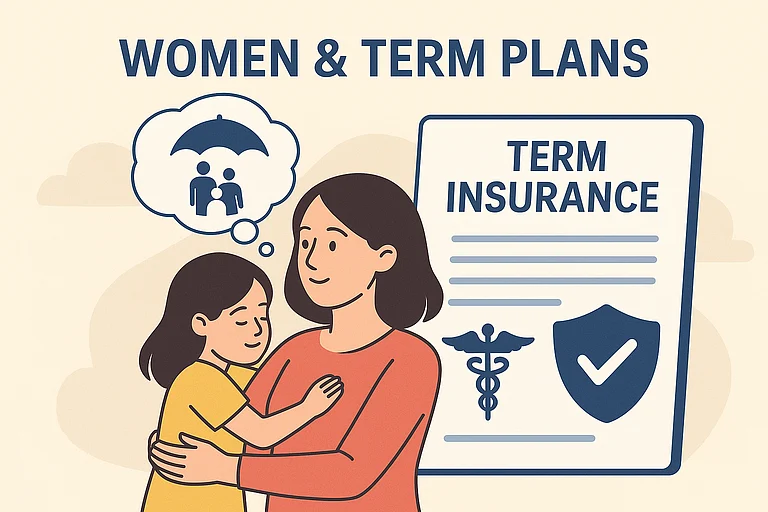It is a scenario no one really prepares for, and probably one most people don't even think about. But what happens if both the policyholder and the nominee in an insurance policy die at the same time, say in a tragic plane crash?
This uncomfortable but very real question has come to the forefront after the recent Air India crash in Ahmedabad on June 12. As per a PTI report, several cases have emerged where the person who bought the policy and the nominee meant to receive the claim both died in the accident.
The London-bound Air India Boeing Dreamliner plane crashed in Ahmedabad's Meghani Nagar, wherein 241 passengers, including crew members, died, along with 34 people on the site of the crash.
In such cases, families aren't just dealing with grief. They are also left to figure out what happens to the insurance money and how to claim it.
The Insurance Payout Doesn't Disappear
Let's get the basic concern out of the way: the insurance amount is not forfeited. It becomes part of the policyholder's estate. Legal heirs, typically children, surviving parents, or a spouse, can claim it.
But here's where things get tricky.
If there's a Will, it helps a lot. The person named as the executor in the Will steps in and handles the claim. If there's no Will, the family has to apply for either a legal heir certificate or a succession certificate, depending on the policy type and state rules.
It's not a short process. And during such a fragile time, it's not easy to manage either.
What Insurers Are Doing Right Now
Many insurance companies have been dealing with this issue since the Air India crash. LIC, Iffco Tokio, Tata AIG, and others have received claims where both the insured person and their nominee died in the crash.
Some companies, as per PTI's reporting, are trying to fast-track things and relax certain formalities. For instance, LIC has said that instead of waiting for court orders in every such case, they are accepting declarations and indemnity bonds from surviving legal heirs, provided the heirs agree on how the claim should be shared.
These are not normal times, and insurers appear to be responding with some degree of flexibility. However, documentation and family coordination are still very much required.
What You Can Do to Prevent This Kind of Mess
Vaibhav Kathju, founder of Inka Insurance, an insurtech platform, says it clearly: "People should name contingent nominees - someone who can receive the money if the main nominee is not around." It's a simple addition but one that can save families from unnecessary legal trouble later.
He also suggests that people write a Will, even if they think they don't have "much to leave behind." Insurance benefits, after all, are often one of the biggest assets left behind unexpectedly.
And If There Are Multiple Heirs?
That brings another layer. Amit Chhabra from Policybazaar, an online insurance marketplace, explains that when there are multiple legal heirs, like children, they all need to agree on how to split the money.
"In an accident, if both the policyholder and nominee die, the insurance company identifies eligible Class I heirs, mostly the children. When there's more than one heir, they're required to agree on how the claim amount should be settled," Chhabra states.
This agreement has to be formalised through a declaration and supported by an indemnity bond before the payout can be processed.
Such a process can sometimes slow things down, especially if family members are abroad, not on talking terms, or just emotionally unable to deal with paperwork.
Other Types of Insurance Also Affected
It's not just life insurance. The PTI report noted that insurers have reported claims for personal accident covers, marine cargo on board, and travel insurance. Some of these have been settled quickly, like a marine cargo claim of Rs 55 lakh, and several Rs 10 lakh travel insurance payouts. But in personal accident cases too, families need to establish who the rightful claimant is.
The Bottom Line
This is not the kind of situation anyone wants to imagine. But it does remind us why it is worth taking a few extra steps while buying insurance, naming a backup nominee, documenting intentions in a Will, and keeping someone informed.
Because when the unexpected happens, those small decisions could make a big difference for those left behind.














